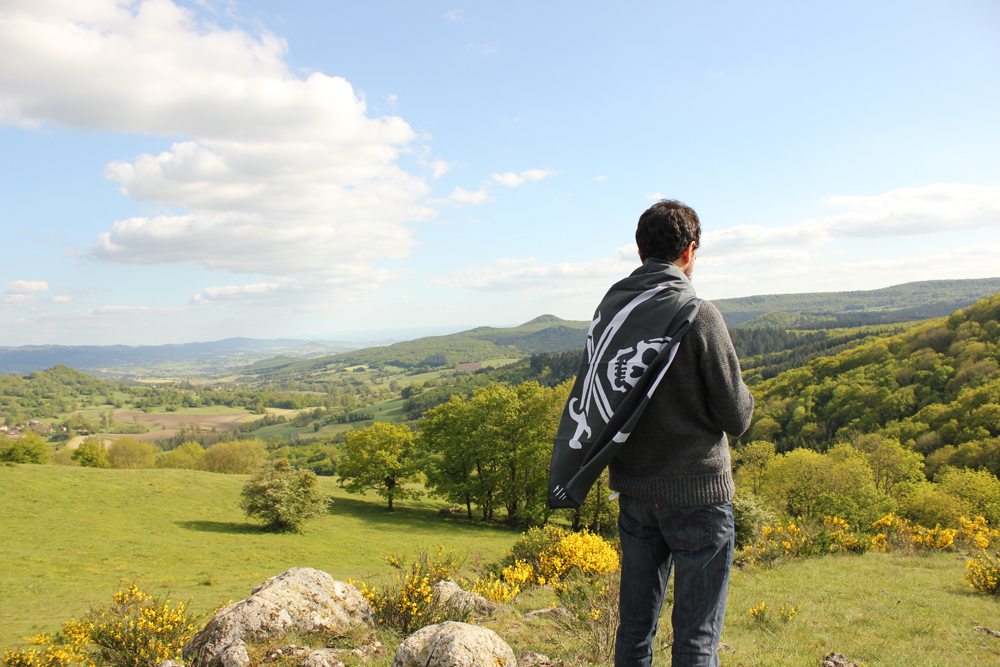Plan B for CouchSurfing: A Brave New World

The Mission
Couchsurfing's mission is rather grandiose in nature as it attempts "to change the world one couch at a time". That's like saying that hitch-hiking or dumpster diving makes the world a better place. It’s a stretch, although it certainly helps makes it more accessible to more people.
In reality, CouchSurfing's track record is more like "meet and party with awesome strangers all over the world." This is still a good result and arguably, getting drunk with foreigners is a good way to promote world peace. So on one hand I can understand how an organization such as this could be perceived as frivolous by the IRS. But on the other hand, if the National Rifle Association in USA can get non-profit status, why can't CouchSurfing?
Anyway, CouchSurfing finally decided to go with Plan B . So what is a Certified B Corporation? "Certified B Corporations are a new type of corporation which uses the power of business to solve social and environmental problems." Basically, a B Corporation is a socially responsible company. Just because a company makes a profit doesn't make it evil. People need to eat and pay bills – so why not do what you love, be socially responsible and make money from it? I wonder if CouchSurfing is hiring writers…
The Reality
It was inevitable really. Ever since word got out about how AirBnB had a billion dollar valuation, speculation has been rampant about the value of it's anti-thesis: CouchSurfing. CouchSurfing has been around for much longer but site development has been much slower due to insufficient resources. So it was just a matter of time before CouchSurfing would finally accept external funding. Having said that, the $7.6 million sounds like a paltry sum when compared with the $120 million AirBnB has received. It's my firm belief that they could have raised this capital easily by selling shares in the company to existing CouchSurfing members. It would have better if CouchSurfing was run like a cooperative, for the members by the members. Or it could have taken a similar route such as Wikipedia, which is has occasional donation runs to cover operating costs.
Now that CouchSurfing has investment from venture capitalists, it will no doubt have a mandate to provide a return on investment to its investors. The fear mongers would have you believe that they will resort to a premium version of the site, which I find highly doubtful. If there is one defining characteristic which defines CouchSurfers, is they are cheap. Less than 10% of CouchSurfers have ever given money to CouchSurfing, so a premium service would only serve to disenfranchise the majority.
CouchSurfing’s success is the community and there are many more intelligent ways in which CouchSurfing could monetize, be it from merchandize sales or Groupon-like advertising. This could be mutually beneficial as the revenue generating function of the site provides service to its members, not unlike how Craigslist generates revenue in a community-friendly manner.
As expected, the evangelists at CouchSurfing are up in arms about all these recent changes. Transitioning from a small community to a mainstream one is always a difficult process so it's no surprise that some early-adopters may feel alienated, especially many of the early volunteers who worked for free over the years to develop the site and community. Not only that, CouchSurfing’s ethos is evolving. It’s a brave new world where hosting someone on your couch for free indirectly makes shareholders richer.
So the question is not really if CouchSurfing will continue to succeed. After all, it is already a legitimate form of travel, and arguably safer than and almost as mainstream as staying in a hostel. The real question is would you want to be part of this brave new world?
Roy
Roy is a perpetual traveler. He’s lived in 7 countries, traveled to 50+ more and right now works on a cruise ship. He also likes to talk about himself in the third-person. You can follow his travels on roymarvelous.com.




